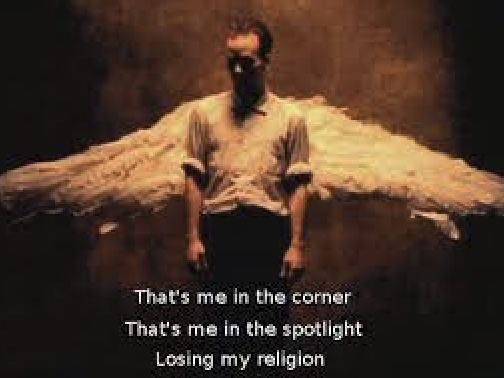Godbeat pros are mourning one of their own: Richard Gustav Niebuhr, the 2010 recipient of the Religion News Association’s William A. Reed Lifetime Achievement Award, covered religion for the Wall Street Journal, the Washington Post and the New York Times.
Making news this week: The Vatican says transgender people may be baptized — “the latest sign of Pope Francis’ conciliatory approach to LGBTQ+ Catholics,” according to the Wall Street Journal’s Francis X. Rocca.
Meanwhile, there’s a new development in a high-profile sex abuse case involving The Church of Jesus Christ of Latter-day Saints, The Associated Press’ Michael Rezendes and Jason Dearen report.
An Arizona judge ruled that “church officials who knew that a church member was sexually abusing his daughter had no duty to report the abuse to police or social service agencies because the information was received during a spiritual confession,” AP notes. Yes, “clergy privilege” applies to traditions other than Roman Catholicism.
This is our weekly roundup of the top headlines and best reads in the world of faith. We start with this week’s elections and — looking ahead to next year’s voting — the latest GOP presidential debate.
What To Know: The Big Story
Five takeaways: “Voters across the country cast ballots to elect a governor in Kentucky, decide legislative control in Virginia and determine whether the Ohio state constitution should be changed to enshrine the right to have an abortion.
“These are all races and issues that faith voters care about, even though off-year elections get less attention in the U.S. than presidential and midterm congressional ones.”
So reports Clemente Lisi, who details “five things we learned from this year’s results and what they mean to faith voters.”
The fight goes on: “In the wake of a sound abortion rights victory in Ohio, some faith leaders are rejoicing, others mourn and all say their efforts to mobilize around abortion are far from over.”










